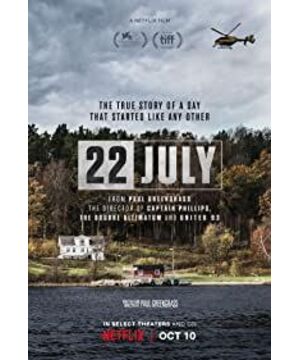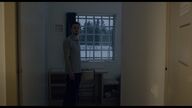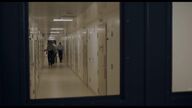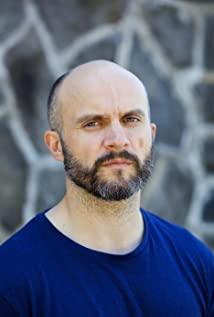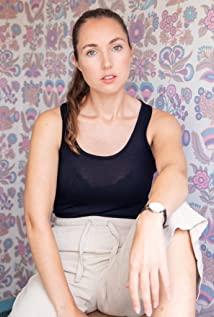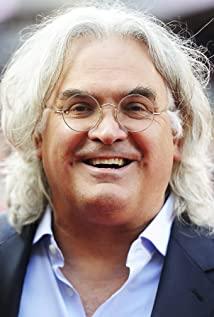The reconstruction process of the victim male protagonist Wea is actually very clear: if compared with Fang Siqi in Lin Yihan's writings, then the state on the hospital bed can be seen as a kind of chaos, just like the three questions Lin Yihan asked before his death. This question is essentially a question that cannot be answered because he is caught in his own logical cycle, so it can be regarded as the male protagonist asking "why is it like this". And in the scene where the girl consoles the male protagonist, the girl's sentence "I am the same" wakes him up, making him gradually regain his "leadership" personality before the victimization, from a sense of despair over his extremely poor state of mind and body (this When the problem becomes "I want to recover but I can't see the way for now", at least not an unhealthy mental model), to trying to get on the "road" of physical and mental recovery (learning to walk is second, caring about the situation of my brother and mother is the first priority) Important point), at this time it is time to really start to face the devil, even if you are afraid at first, but such a healthy mental state and a fully recovered leadership personality can be able to compete with the devil that has invaded your body and shocked your soul.
In any case, it is definitely not the right way for the victim to choose suicide. The direct fuse that saves the male protagonist from the unhealthy mental model that killed Lin Yihan is the male desire to protect the girl. Of course, this also stems from An extremely healthy home environment is what it is. We have an obligation to point out a path to redemption for victims and those around them, and while it may be offensive to so-called feminist ideology, that's far better than sympathy based purely on "right" positions. In the topic of "Lin Yihan and Alyosha", there is an article that uses philosophy to answer Lin Yihan's three questions. It is very well written. Finally, in his conclusion, he mentions Lin Yihan's sentence "I am powerless and have no intention to change the society." , and the author's answer to this is: "People may need a little social responsibility to survive." Some feminists may begin to think that this is a matter of avoiding the most important things, "not punishing the wicked, but pointing at the victims", I think this kind of remarks is only correct, but it does not necessarily deserve the correct role.
ps: The film's villain film critic program can be said to be the most recent episode in terms of personal values improvement.
View more about 22 July reviews


